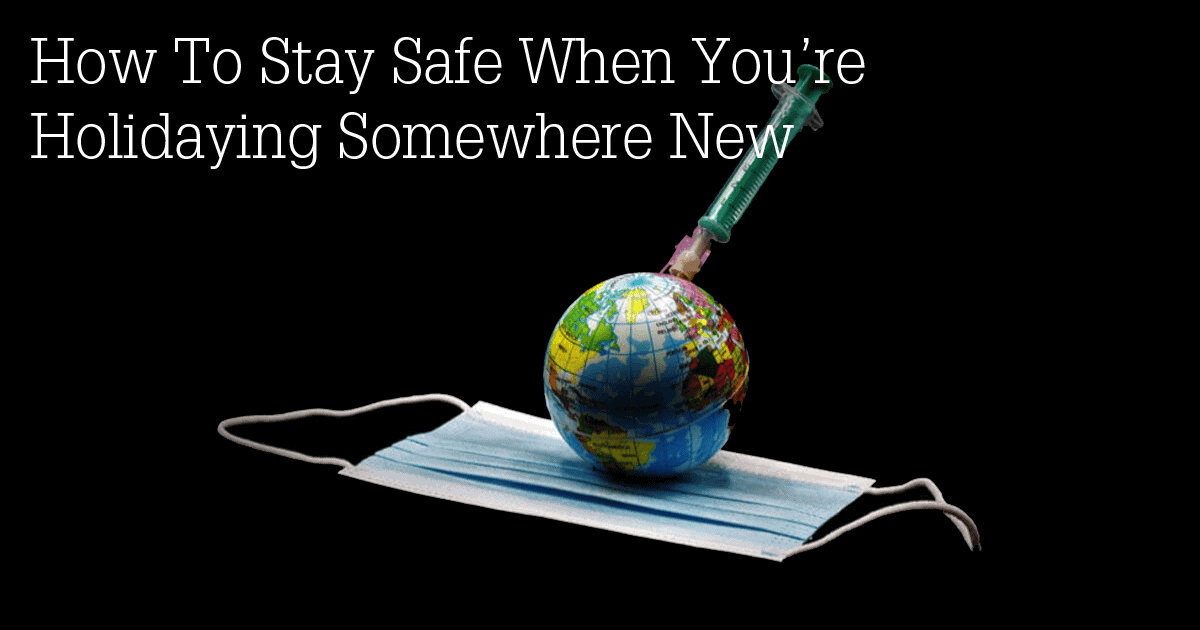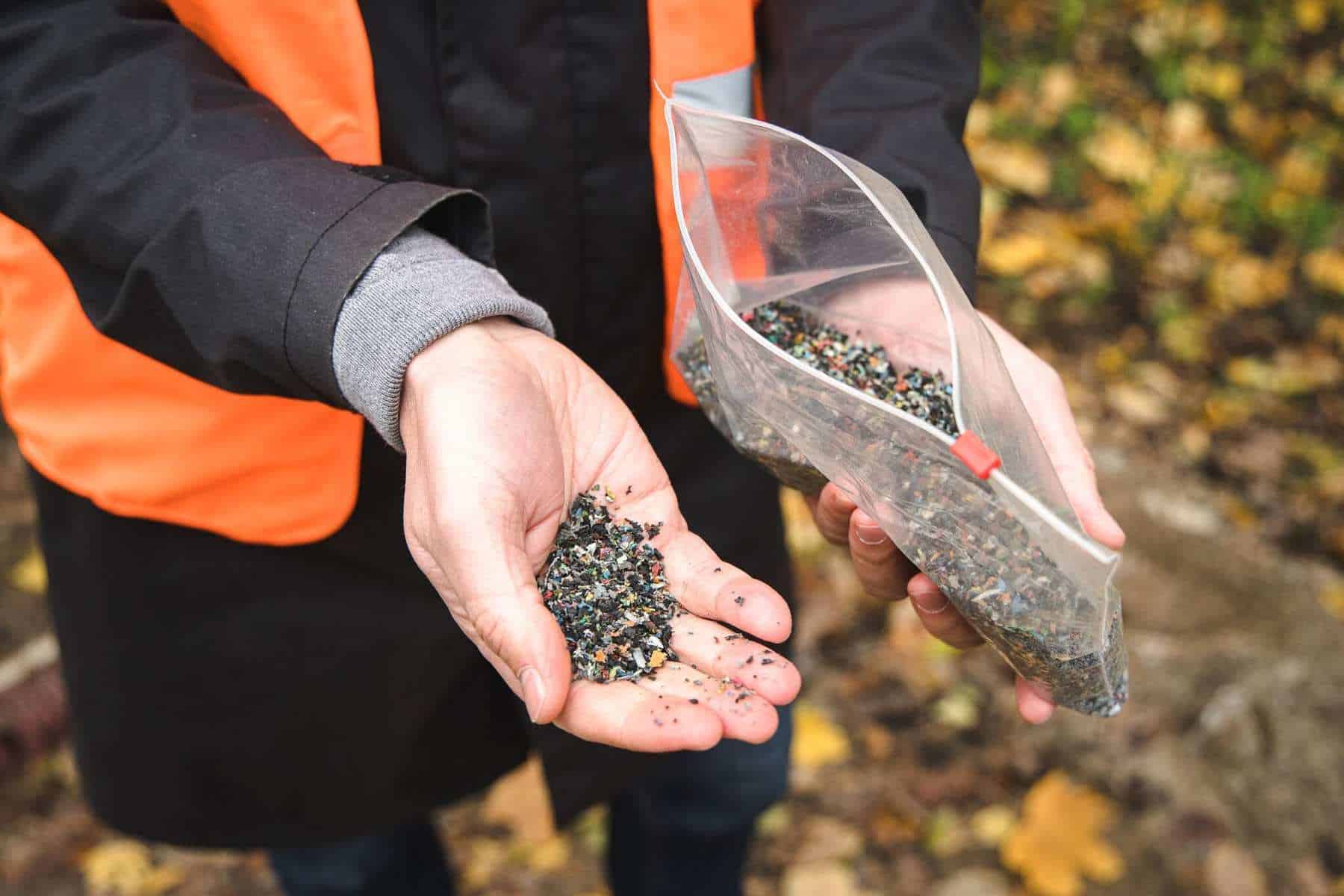
There have always been risks involved in taking holidays, even when you visit places you’ve been before — and going somewhere new increases the danger dramatically. With your attention going towards parsing an unfamiliar environment, you’re left significantly more vulnerable to everything from theft to financial fraud.
Now, due to the COVID-19 pandemic that still keeps the travel industry from working as usual, the dangers are greater yet. As lockdown procedures are slowly lifted and people become sufficiently emboldened to get away from the isolation, the threats will be many.
I’m not saying that holidaying somewhere new isn’t worth it: we can’t stay apart forever, and countries throughout the world rely on a steady influx of new visitors to keep their economies going. Rather, I’m saying that we need to be extremely careful when we visit new places: not only to protect ourselves, but also to protect others from infection and allow the tourism trade to get back up to speed without facing renewed calls for lockdown efforts.
To help you do this, we’re going to go through some key tips for staying safe when you’re holidaying somewhere you haven’t been before. Let’s get started.
Research the place before you leave
There are various great reasons why you should research your destination before you book your trip, let alone leave for it. One is that it’s a core part of arranging an optimal itinerary, of course, but it’s also essential for safety for the following reasons:
- Local diseases can be big threats. Inform your doctor of where you’re intending to go: you might benefit greatly from getting some shots or picking up some medication to take with you. Given the threat of COVID-19, it wouldn’t be helpful for anyone if you rushed to hospital (and risked infecting others) for a common and mostly-harmless local issue.
- Some areas are safer than others. You may be visiting a country with low crime rates, but there’s always some crime, and it’s heavier around tourist hotspots (often ‘criminogenic’ locations). Learn which areas are the safest, and keep to them when you can. There’s safety in numbers, but you can’t rely on numbers in these circumstances.
- Knowing landmarks will help you navigate. If you don’t speak the local language, it’s all too easy to get lost — and relying on smartphones is generally fine, but what if your battery runs down or your phone is stolen? If you can identify some basic landmarks and know how to find where you’re staying, you’ll be much safer.
Get some great travel insurance
There are plenty of things you can insure for your holiday, and while you don’t need to get them all, you should invest in the ones that are the most useful. Health insurance is a huge one, particularly if you’re going somewhere without government-backed healthcare, because you can otherwise rack up a huge bill for a short hospital stay.
It’s generally easiest to get general travel insurance that encompasses things like emergency medical care and personal belongings cover — and while it’s great to save money, you should always read the fine print and make an effort to go through a reliable provider (you can do both through annual insurance: Admiral has a 5-star annual policy). The last thing you want to do is feel confident that you’re covered only to discover that you’ve been left misled.
Avoid crowds as much as possible
I noted earlier that you can’t rely on safety in numbers, and there are two obvious reasons for this. Firstly, tourism isn’t going to be back to pre-COVID-19 levels for quite some time yet, so a lot of areas are going to be relatively empty. Secondly, you should do your best to maintain distance from people you don’t know — that habit may need to stick with us for years to come.
Don’t just do this when you reach your destination, though: be sensible about distancing from the moment you leave home to the moment you get back from your holiday. It only takes one major slip-up to turn you into a carrier, and from there you can spread disease far and wide without knowing about it.
Sort out your emergency contacts
What happens if you fall ill while on your holiday? Even if your travel insurance covers your treatment, are you capable of getting yourself home afterwards? What if you only planned to be away for a week but end up having to stay there for months? You might have obligations to meet at home: a job to work, for instance, and/or a family to support.
This is why you need emergency contacts that people can clearly follow. It’s absolutely necessary if you have any medical conditions that might require special treatment (diabetes, for instance), but still very important if you don’t. Carry a laminated card with you at all times. Most likely you’ll never need it and forget you have it — but if you ever do need it, you’ll be incredibly thankful that you took the time to create it.
This is a scary time to go on trips to new places, and you probably feel the pressure to stay exactly where you are, but isolation can’t continue in perpetuity. Sooner or later, you’ll need to take the plunge and venture somewhere on holiday, and when that happens your top priority needs to be staying safe. These tips should help.



